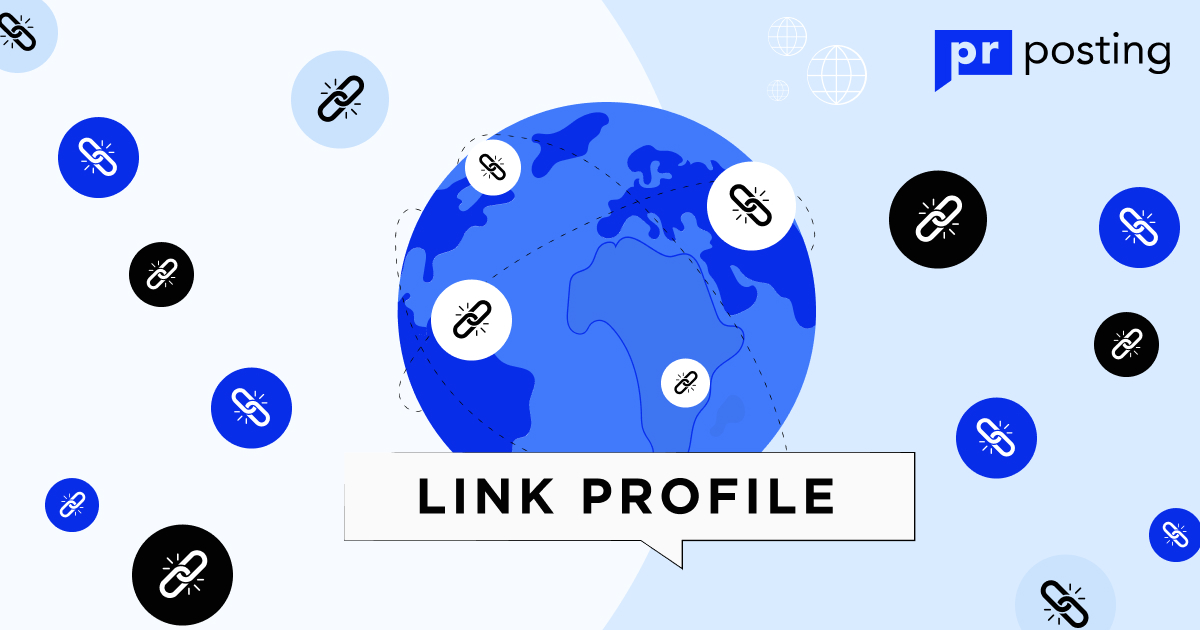Link Profile: What Is a Link Profile
A link profile is the makeup of links directing to your site. Google favors links from a variety of sites as well as high-authority sites.
A link profile is an essential aspect of any website’s search engine optimization (SEO) strategy. A link profile refers to the collection of links pointing to a particular website or webpage. The link profile is one of the primary factors used by search engines to determine the authority, relevance, and popularity of a website. In this article, we’ll explore what a link profile is, why it matters for SEO, and how you can improve your website’s link profile.

What is a Link Profile?
In simple terms, a link profile is a list of all the websites that link to a particular website or webpage. This list includes all the internal links, outbound links, and inbound links pointing to that website. The link profile provides a comprehensive overview of a website’s online presence and can be used to measure its authority, relevance, and popularity.
Why Does a Link Profile Matter for SEO?
A link profile is a critical aspect of SEO because search engines use links to determine the quality and authority of a website. When a website has a strong link profile, it sends a signal to search engines that the website is relevant, authoritative, and trustworthy. As a result, search engines are more likely to rank that website higher in search results.
However, not all links are created equal. Search engines also use various metrics to measure the quality of links. For example, links from authoritative websites are generally considered to be more valuable than links from low-quality websites. Links from relevant websites are also considered to be more valuable because they provide context and help search engines understand the content of the linked page.
How to Improve Your Link Profile
Improving your link profile is an ongoing process that requires a combination of tactics. Here are a few strategies you can use to improve your website’s link profile:
- Create High-Quality Content: High-quality content is one of the most effective ways to attract links to your website. When you create valuable, informative content that people want to read and share, you increase the chances of other websites linking back to your content.
- Build Relationships with Other Websites: Building relationships with other websites in your industry can help you earn more links. Reach out to other websites and offer to collaborate on content or exchange links.
- Guest Posting: Guest posting is another effective way to earn links. By contributing high-quality content to other websites in your industry, you can earn links back to your website.
- Broken Link Building: Broken link building involves finding broken links on other websites and offering to replace them with links to your content. This strategy can be effective because it provides value to other websites and helps you earn links at the same time.
- Monitor Your Link Profile: Monitoring your link profile is essential to ensuring that your website’s links are high-quality and relevant. Use tools like Ahrefs or Moz to track your website’s link profile and identify any low-quality or spammy links.
In conclusion, a link profile is an essential aspect of any website’s SEO strategy. By understanding what a link profile is and how it impacts search engine rankings, you can take steps to improve your website’s link profile and boost your online presence. By creating high-quality content, building relationships with other websites, guest posting, using broken link building, and monitoring your link profile, you can improve your website’s link profile and increase your chances of ranking higher in search results.